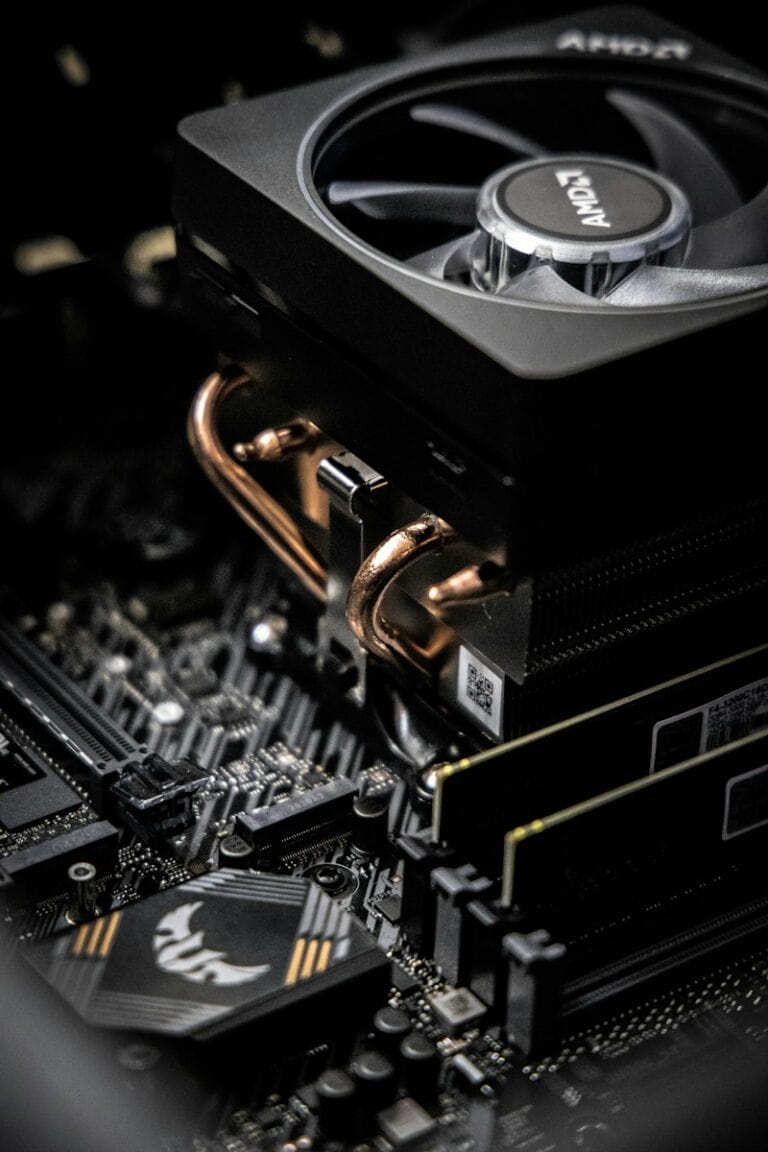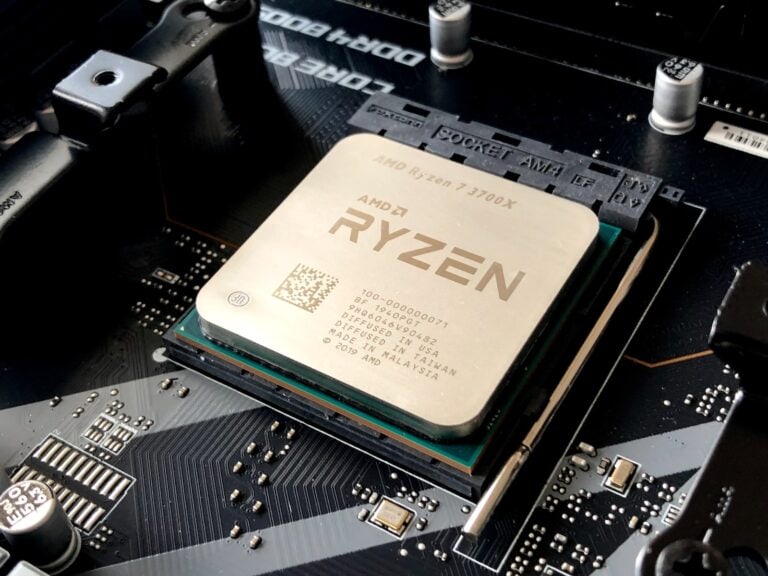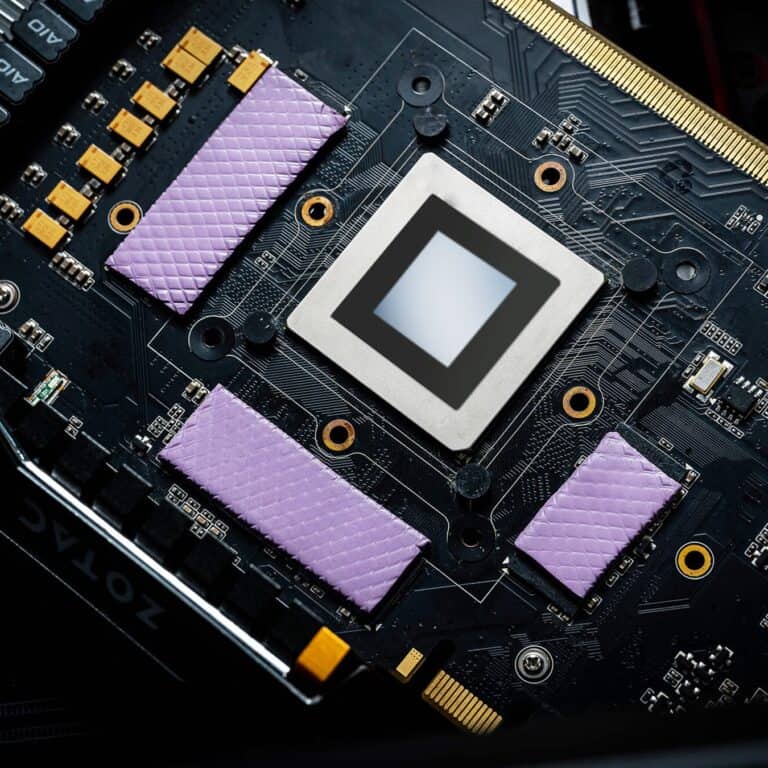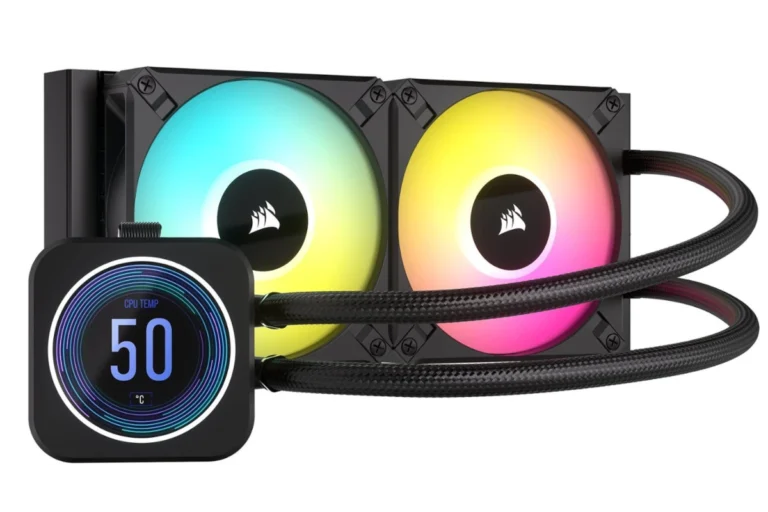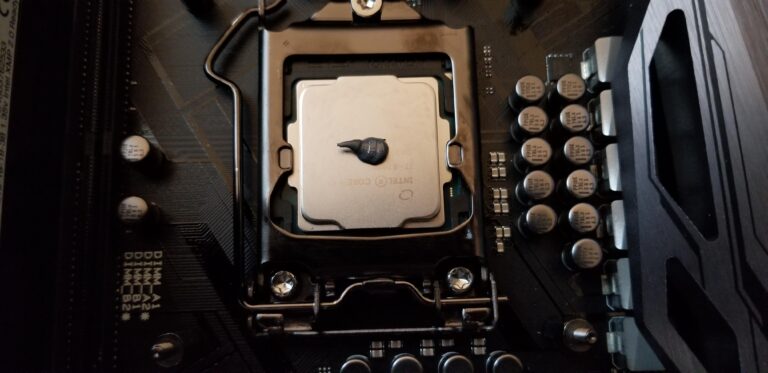When it comes to building a PC, every component counts, and this includes the choice between 140mm and 120mm fans. The question often arises: how much quieter are 140mm fans compared to 120mm fans? Let’s dive into this topic to provide a comprehensive understanding.
Case fans come in two of the most common sizes: 120mm and 140mm. Both have their strengths and trade-offs depending on airflow needs, case compatibility, and noise tolerance.
🔑 Key Differences
| Feature | 120mm Fans | 140mm Fans |
|---|---|---|
| Airflow (CFM) | ~40–70 CFM | ~50–100 CFM (higher overall) |
| Static Pressure | 1–3 mmH₂O (better for radiators) | 2–4 mmH₂O (good balance, but usually lower than high-RPM 120mm fans) |
| Noise Levels | Quieter at high RPM due to smaller blades | Quieter at low RPM due to larger blades moving more air per rotation |
| Compatibility | Fits in nearly all cases | Requires larger fan mounts (not always supported) |
| Best Use Cases | Radiators, CPU coolers, compact cases | Case airflow, quiet builds, larger cases |
⚙️ Performance Considerations
- Airflow vs. Static Pressure
- 120mm fans excel in static pressure, making them better for pushing air through dense radiators or heatsinks.
- 140mm fans shine in airflow, moving more air across your case with fewer fans.
- Noise
- At equal RPM, a 140mm fan is usually quieter because it can move more air with less speed.
- At max RPM, 140mm fans can get louder than 120mm fans (source: DarkFlash).
- Compatibility
- 120mm fans are the universal standard. Almost every case supports them.
- 140mm fans require larger mounting holes. Many mid-tower and full-tower cases support them, but small cases often don’t.
✅ Recommendations
- For Radiators & CPU Coolers → Go with 120mm fans (higher static pressure, better fit).
- For Case Airflow → Use 140mm fans where possible (better airflow, quieter at lower RPM).
- For Small Cases → Stick with 120mm fans for compatibility.
- For Quiet Builds → Choose 140mm fans running at lower speeds.
🏆 Bottom Line
- 120mm fans = versatile, radiator-friendly, widely compatible.
- 140mm fans = better airflow per fan, quieter at low RPM, ideal for case cooling.
👉 The best setup often mixes both: 140mm fans for intake/exhaust airflow and 120mm fans on radiators or tight spaces.
140mm vs. 120mm fans
| Feature | 120mm Fan | 140mm Fan |
|---|---|---|
| Size (mm) | 120mm | 140mm |
| Size (inch) | 4.72″ | 5.51″ |
| Airflow | 55 CFM* | 75 CFM* |
| Noise | 25 dB* | 30 dB* |
| Static Pressure | 1.5 mmH2O* | 2.0 mmH2O* |
As you can see, 140mm fans generally offer better airflow and static pressure than 120mm fans, while being slightly louder. However, there are also some 120mm fans that can outperform some 140mm fans, so it is important to compare specific models before making a decision.
Here are some things to consider when choosing between 120mm and 140mm fans:
- Airflow: If you need to move a lot of air, such as in a hot case or with a powerful CPU or GPU, then a 140mm fan is a good choice.
- Noise: If you are noise-sensitive, then a 120mm fan may be a better option. However, there are also some quiet 140mm fans available.
- Static pressure: If you need to overcome resistance, such as with a radiator or dust filter, then a 140mm fan will provide more static pressure.
- Space: 140mm fans require more space than 120mm fans, so make sure you have enough room in your case to mount them.
Understanding Fan Size and Noise Level
The size of a fan directly impacts its noise level. Generally, a 140mm fan can move the same amount of air as a 120mm fan but at a lower speed. This reduced speed translates to less noise. It’s not just about the decibels; the pitch of the noise matters too. Larger fans tend to produce a lower-pitched sound, which is often perceived as less intrusive or annoying than the higher-pitched whir of smaller fans.
The Impact of Fan Speed on Noise
Fan speed is a critical factor in noise production. A 140mm fan can operate at a lower speed to achieve the same airflow as a 120mm fan running at a higher speed. This difference in operational speed is a key reason why larger fans can be quieter. For instance, having two 140mm fans at 40% speed could be quieter than two 120mm fans at 50% speed, while moving almost the same volume of air.
Case Studies: Real-World Comparisons
In real-world scenarios, the difference in noise levels becomes more apparent with the number of fans used. For example, a case with seven fans, including those connected to a radiator, will have a noticeable difference in noise level when using 140mm fans instead of 120mm. Users have reported significant differences in noise levels when comparing systems with multiple 140mm fans to those with several 120mm fans.
The Role of Fan Quality and Design
It’s important to note that not all fans are created equal. The quality and design of the fan play a significant role in its noise output. Some 140mm fans might be quieter than others, depending on their design, bearing type, and build quality. Therefore, when choosing fans, it’s crucial to consider these factors alongside the size.
Optimizing Your PC Build for Silence
For those prioritizing a quiet PC build, combining 140mm fans with a well-thought-out cooling strategy is key. This might include using fewer fans but of larger size, optimizing airflow paths within the case, and selecting components that generate less heat, thereby reducing the overall cooling requirement.
The Pitch: A Factor in Perceived Noise
The pitch of the noise produced by fans is as important as the volume. Lower-pitched noises are often less noticeable or irritating than higher-pitched ones. This is another area where 140mm fans have an advantage, as they generally produce a lower-pitched sound compared to 120mm fans.
Innovations in Fan Technology
Advancements in fan technology have also contributed to quieter cooling solutions. Features like PWM (Pulse Width Modulation) control for precise speed regulation and advanced blade designs help in reducing noise while maintaining efficient airflow.
140mm Fans in Different PC Cases
The effectiveness of 140mm fans can also depend on the type of PC case used. Some cases are designed to accommodate larger fans more effectively, enhancing their noise-reducing benefits. Conversely, in cases where space is limited, the choice might lean towards 120mm fans.
Personal Preferences and Sensitivity to Noise
Ultimately, the choice between 140mm and 120mm fans may also come down to personal sensitivity to noise. What might be a significant reduction in noise for one person could be less noticeable to another. It’s about finding the right balance for your specific needs and preferences.
FAQs
- Are 140mm fans always quieter than 120mm fans? While generally true, this can vary based on fan quality, design, and operational speed.
- Can I replace a 120mm fan with a 140mm fan in any PC case? The sizes of the fans are different so they can’t be swapped 1-for-1, so it will ultimately depend on the case design and mounting options. Some cases can accept either 120mm or 140mm fans in the same area, while others may only be able to take one or the other.
- Does the number of blades on a fan affect its noise level? Yes, the number and design of blades can impact both airflow and noise.
- Is it worth upgrading from 120mm to 140mm fans for a quieter PC? If noise reduction is a priority, upgrading can be beneficial, especially in multi-fan setups.
- Do 140mm fans provide better cooling than 120mm fans? They can move more air at a lower speed, which can lead to more efficient cooling.
- How does fan bearing type affect noise levels? Different bearing types have varying noise levels, with some being quieter than others.
- Can fan controllers help in reducing noise? Yes, by adjusting fan speeds based on temperature, controllers can minimize unnecessary noise.
- Are there specific brands known for quieter 140mm fans? Yes, some brands are renowned for their quiet and efficient fan designs.
- Does the material of the fan blades affect noise? The material can influence the fan’s overall noise profile and durability.
- Can I use a combination of 140mm and 120mm fans in my build? Yes, this is possible and can be an effective way to balance airflow and noise.


